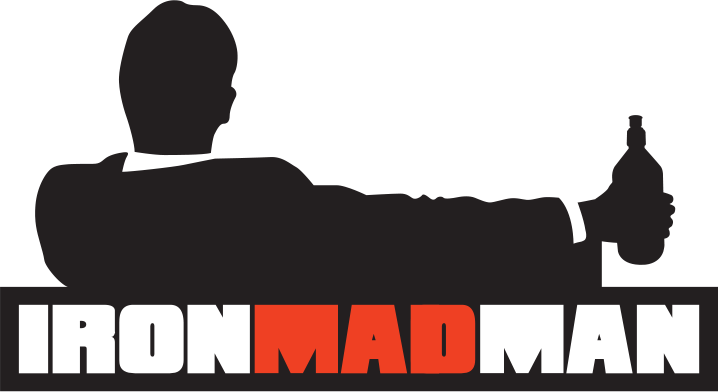Pre-Mortem Race Planning
/I asked a couple Good Wolf athletes tonight to embark upon a trust exercise with me.
They’re both Ironman veterans and have been racing a long time. Both are older than me too.
At this point in their triathlon careers, neither need me to tell them what their swim pace, bike watts and run pace should be for their races. Neither need me to tell them what to pack for their trips, what and when to eat or drink, or any number of important details that go into Ironman racing.
This occurred to me as I started to write their race plans. So it was time to pivot.
Instead, I’ve asked them to write pre-mortem race plans themselves. You’re familiar with post-mortem analysis, especially if you’ve worked in the business sector. This is biz speak for dissecting what went wrong AFTER the fact.
What would have happened if we dissected all the possible scenarios that could have led to that failure in the first place? What if we had a plan for dealing for each of those failure conditions…in advance?
How would this translate to a proper race plan? I’ve asked each athlete to get super dark and realistic with the reasons they might fail in their upcoming 140.6-mile races. Whether it’s lack of nutrition, bike mechanicals, or plain just giving up after hitting a wall…every reason is a valid reason. And it requires a course of action to overcome that obstacle when the Bad Wolf surfaces come race day.
I like this approach because it encourages the athlete to own their planning a bit more. It’s not “my” plan that I’m delivering to them. No, it’s their plan with their analysis and fears out in the open. Ready to tackle with the lights on.
My theory is that planning in this manner, especially with veteran athletes, is more helpful and meaningful. It might be a good exercise for newer triathletes too, but it would be in addition to a more tactical plan based on the lack of race experience.
The next time you’re faced with needing a race plan, maybe consider this approach for yourself. Let me know how it goes!
